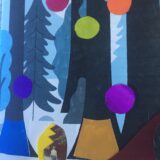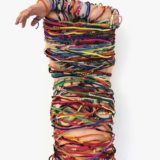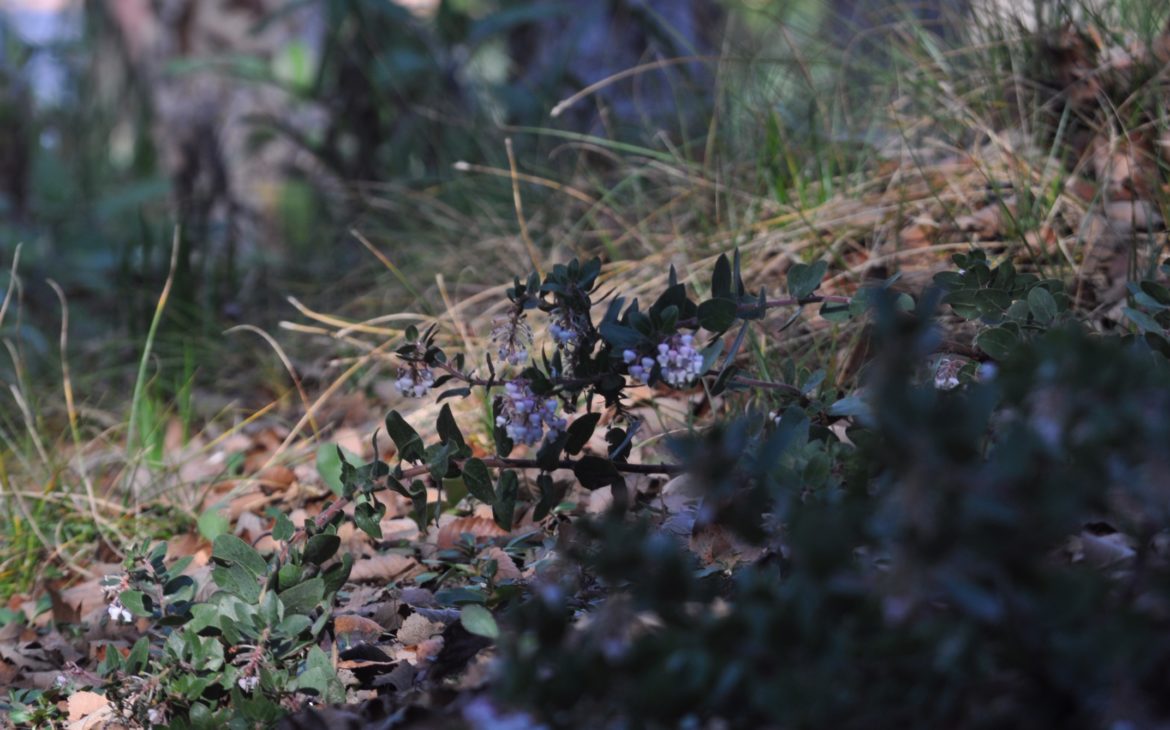Pulling Carrots
The utterly forgettable magic of the carrot, which applies as well to the turnip and radish and potato and garlic and onion and ginger and turmeric and yam and sunchoke and shallot and salsify and maca and sweet potato, is that because much of the food resides under the ground it probably had to be discovered. Uncovered. And after the discovering, and the uncovering, choosing which ones to replant, and replant, and replant, and replant, and replant, and replant, until there was the long red kind I’m brushing the soil from.
—Ross Gay, The Book of Delights
A Chinese Fable
A young man was observing a sage at the village well. The old man was lowering a wooden bucket on a rope and pulling the water up slowly, hand over hand. The youth disappeared and returned with a pulley. He approached the old man and showed him how the device worked. “See, you put your rope around the wheel and draw up the water by cranking the handle.” The old man resisted. “If I use a device like this, my mind will think itself clever. With a cunning mind I will no longer put my heart into what I am doing. Soon my wrists alone will do the work. If my heart and whole body are not in my work, my work will become joyless. When my work is joyless, how do you think the water will taste?”
—Jack Kornfield, After the Ecstasy the Laundry
An Antidote to the Rhetoric of Growth
In the context of health and ecology, things that grow unchecked are often considered parasitic or cancerous. Yet we inhabit a culture that privileges novelty and growth over the cyclical and the regenerative. Our very idea of productivity is premised on the idea of producing something new, whereas we do not tend to see maintenance and care as productive in the same way….
I often think of the artist Mierle Laderman Ukeles. Her well-known pieces include Washing/Tracks/Maintenance: Outside, a performance in which she washed the steps of the Wadsworth Atheneum, and Touch Sanitation Performance, in which she spent eleven months shaking hands with and thanking New York City’s 8,500 sanitation men, in addition to interviewing and shadowing them. She has in fact been a permanent artist in residence with the New York City Sanitation Department since 1977.
Ukeles’s interest in maintenance was partly occasioned by her becoming a mother in the 1960’s. In an interview, she explained, “Being a mother entails an enormous amount of repetitive tasks. I became a maintenance worker. I felt completely abandoned by my culture because it didn’t have a way to incorporate sustaining work.” In 1969 she wrote the “Manifesto for Maintenance Art”, an exhibition proposal in which she considers her own maintenance work as art. She says, “I will live in the museum and do what I customarily do at home with my husband and my baby, for the duration of the exhibition…My working will be the work.”
—Jenny Odell, How to Do Nothing
SHORT LECTURE ON
THE NATURE OF THINGS
(Turn vase into a hat and wear it)
You think the vase has become a hat; it has not.
My body has become an upside-down flower.
—Mary Ruefle, Madness, Rack, and Honey
Be well,
Marlene
Photograph of my garden by @liveforeverlandscape
*Please support independent bookstores



